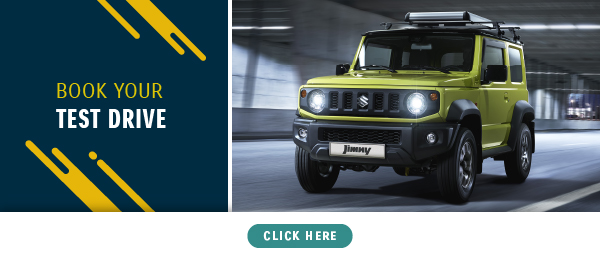.png?width=1024&name=Untitled%20design%20(40).png) With the growth of apps like Uber and Taxify, is it really worth buying your own car? Here’s how you can decide which transport option best suits your budget and lifestyle.
With the growth of apps like Uber and Taxify, is it really worth buying your own car? Here’s how you can decide which transport option best suits your budget and lifestyle.
Buying a car is a big decision which shouldn’t be made impulsively. In fact, apart from your home, it may be one of the biggest purchases you make in your lifetime.
There are many different ways to get around South Africa in 2018. From public transport, to ride sharing apps (like CarTrip, uGoMyWay and Findalift), taxi services, or leasing or owning your own car, it can be hard to choose which option best suits your budget and lifestyle.
Here’s a list of some of the options (other than public transport) available to you, as well as tips to help you evaluate which option suits you best.
Ride sharing
Ride sharing apps like CarTrip, uGoMyWay and Findalift offer people an affordable option for daily travel (such as commuting to and from work). Drivers can offer lifts in the direction that they’re travelling, to help them pay towards the running costs of their vehicle. Passengers can book a ride, along with anyone else heading in the same direction, and together split the cost of the drive. Having three or four passengers per ride dramatically decreases the cost of the trip for everyone, including the driver, and is good for everyone’s carbon footprint. If you’re happy with the group you’ve been travelling with, you can form a permanent carpool arrangement.Taxi services
Apps like Uber and Taxify give people another relatively affordable (depending on your budget) option for travel, especially for those who aren’t to keen on sharing a trip with a group of strangers. Admittedly, you’ll be paying extra for the added convenience of riding alone, so this may not be an ideal option for getting to and from work if you’re travelling long distances or in heavy traffic.Apps like these are, however, excellent for young people who spend a lot of time out and about at night. Apart from being convenient and relatively affordable, taxi services offer a safe, sober ride home.
A combination of ride sharing and taxi services is great if you’re a young professional, looking to keep your travel costs as low as possible. It can be limiting because you can’t just jump in your car and head to the shop for an emergency carton of milk, but if you plan your trips wisely and don’t mind sharing trips, it can relieve the stress of taking on rental fees or car finance debt.
Leasing
Leasing is basically a long term rental agreement with a bank (or another financial institution) or a car manufacturer. You’ll sign a contract for a specific length of time (usually between 12 and 72 months), during which period you’ll take temporary ownership of a car. This option is usually better suited to short term rentals as at the end of the lease agreement, you have to hand the car back (unlike buying). Leasing is a good option when interest rates are on the rise, however, if you plan to keep your car for three years or more, you should definitely consider buying instead, as your car will eventually be an asset.One of the perks of leasing is that your monthly fee usually includes insurance fees and maintenance - both of which would be additional costs to a vehicle owner.
Leasing is more common in businesses than in a personal capacity, as it’s cost effective for fleets, and sometimes results in tax benefits for a company.
Buying
Buying, if you’re going to keep your specific car for at least three to five years, is a good option for individuals, as your car becomes an asset once the finance is paid off. It also gives you independence - so if you’re regularly on the go or often find yourself making a spontaneous trip to the gym, it can be handy to have your own set of wheels.|
Pros |
Cons |
|
Ride sharing (e.g. CarTrip, uGoMyWay or Findalift) |
|
|
|
|
Taxi services (e.g Uber or Taxify) |
|
|
|
|
Leasing |
|
|
|
|
Buying |
|
|
|
At the end of the day, you need to make the right decision for your particular budget and lifestyle. Owning a car, just like owning a house, comes with certain responsibilities (like remembering to pay your licensing fees every year and taking out insurance), but also some major benefits, like independence, and owning an asset. If you choose to buy a new car, we can help - here is a handy guide to buying a new car.
Want to own a car with a great reputation and great manufacturer guarentees and service? Suzuki was voted by consumers as Brand of the Year in the annual cars.co.za Consumer Awards for two years! Book a test drive in your favourite Suzuki today and experience the Suzuki way of life for yourself!

%20(1)-1.png)
-1.png)
